Goat willow (also known as great sallow or pussy willow) is a great addition to school grounds because it is free. easy to grow and will increase biodiversity. Hardwood cuttings can be planted by pushing them directly into moist soil in the winter and they will root quickly. If you do not have any goat willow already growing in your grounds you will only need to ask for donations of willow cuttings once!
Willows will grow best in moist but well-drained soil in full sun. Don’t plant near a building, as the root system can invade drains and foundations. Willow stems are easy to weave into growing willow structures such as domes and arches.
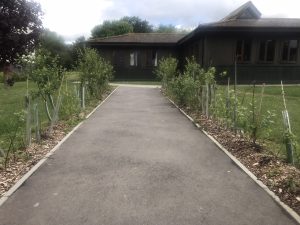
Willow planted either side of a path to create a willow arch

Willow dome
The leaves of goat willow are eaten by the caterpillars of several moths, including the sallow kitten, sallow clearwing, dusky clearwing and lunar hornet clearwing. It is also the main food plant for the purple emperor butterfly, however unless you are close to a large wood in southern England you’re unlikely to see one!
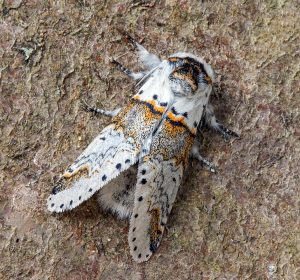
Sallow kitten moth
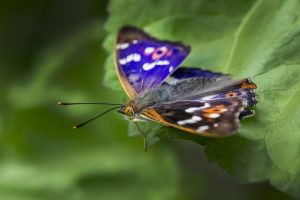
Purple emperor butterfly
Male catkins (pussy willows) provide an important early source of pollen and nectar for bees and other insects because they develop in January.
Watch May and Charlotte plant a willow arch: https://youtu.be/7nnAW-vZKIk


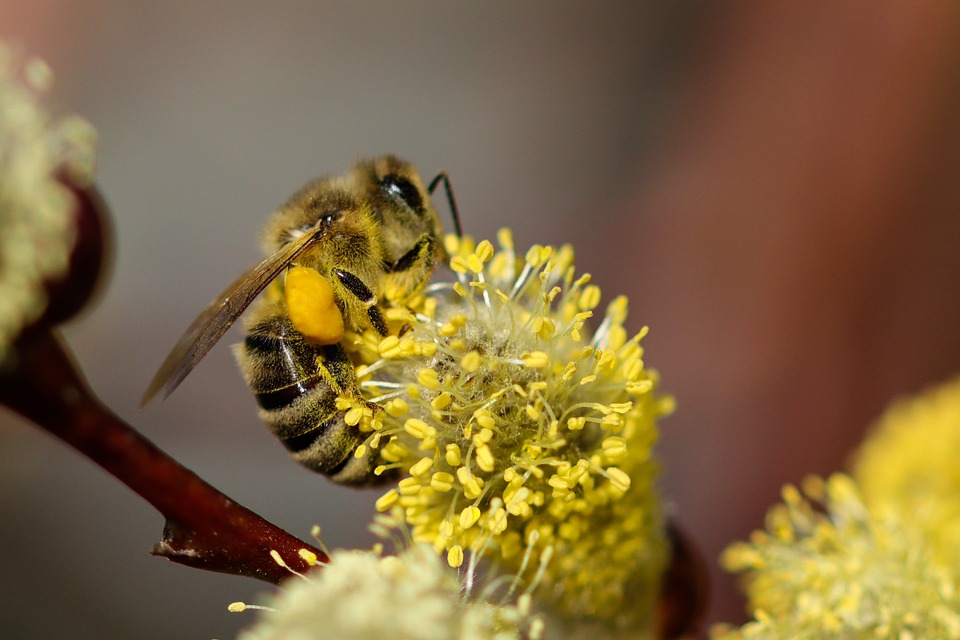
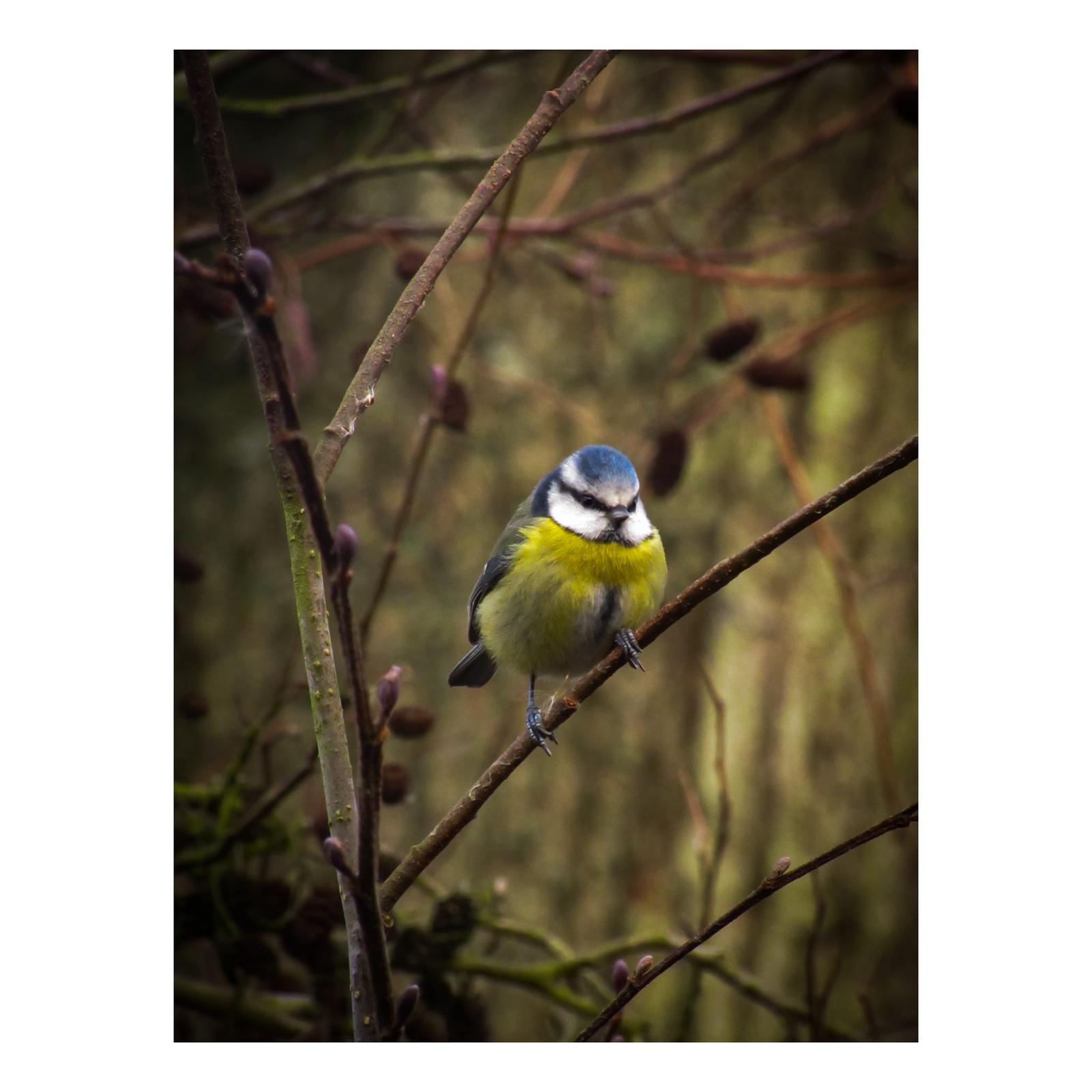

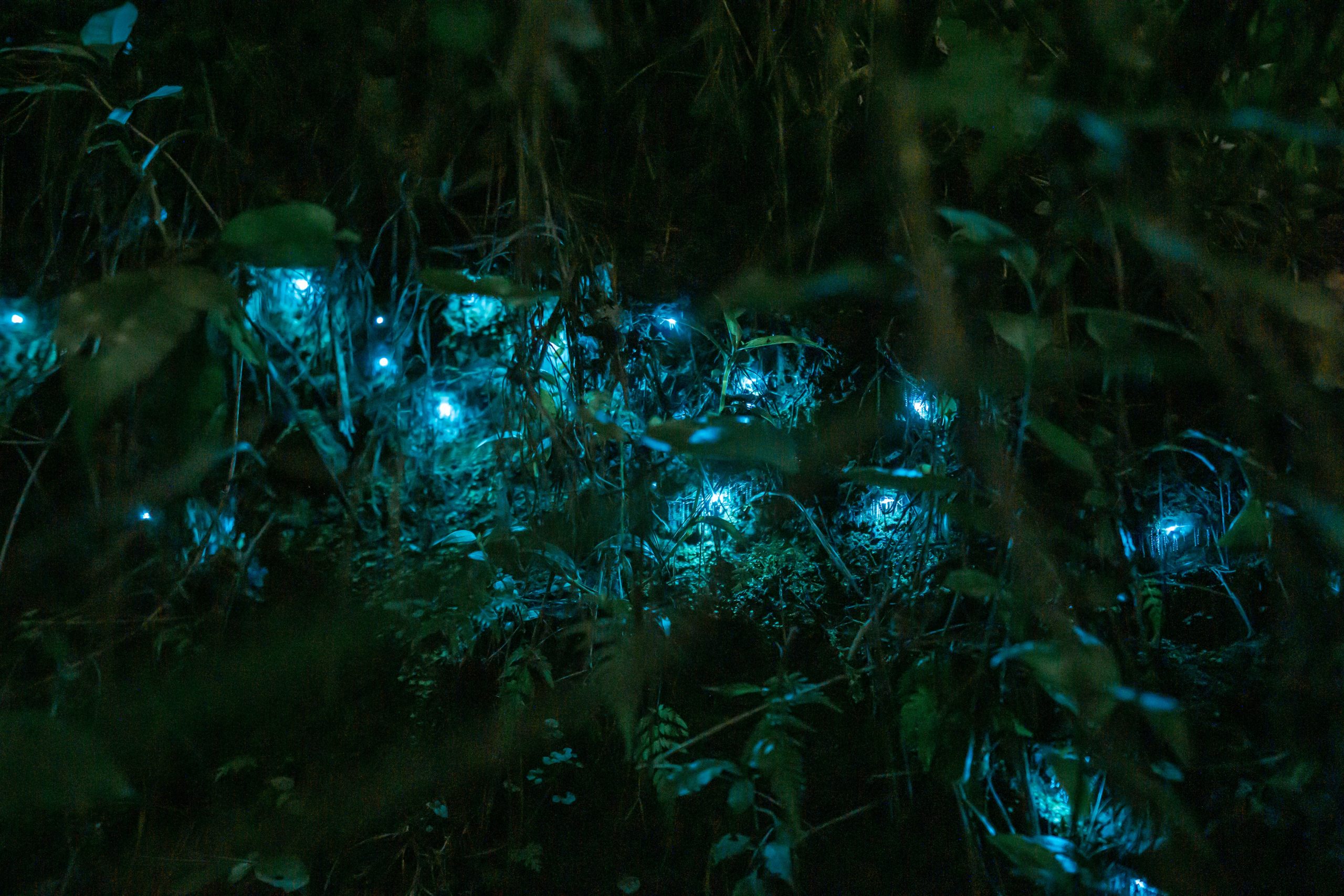
0 Comments